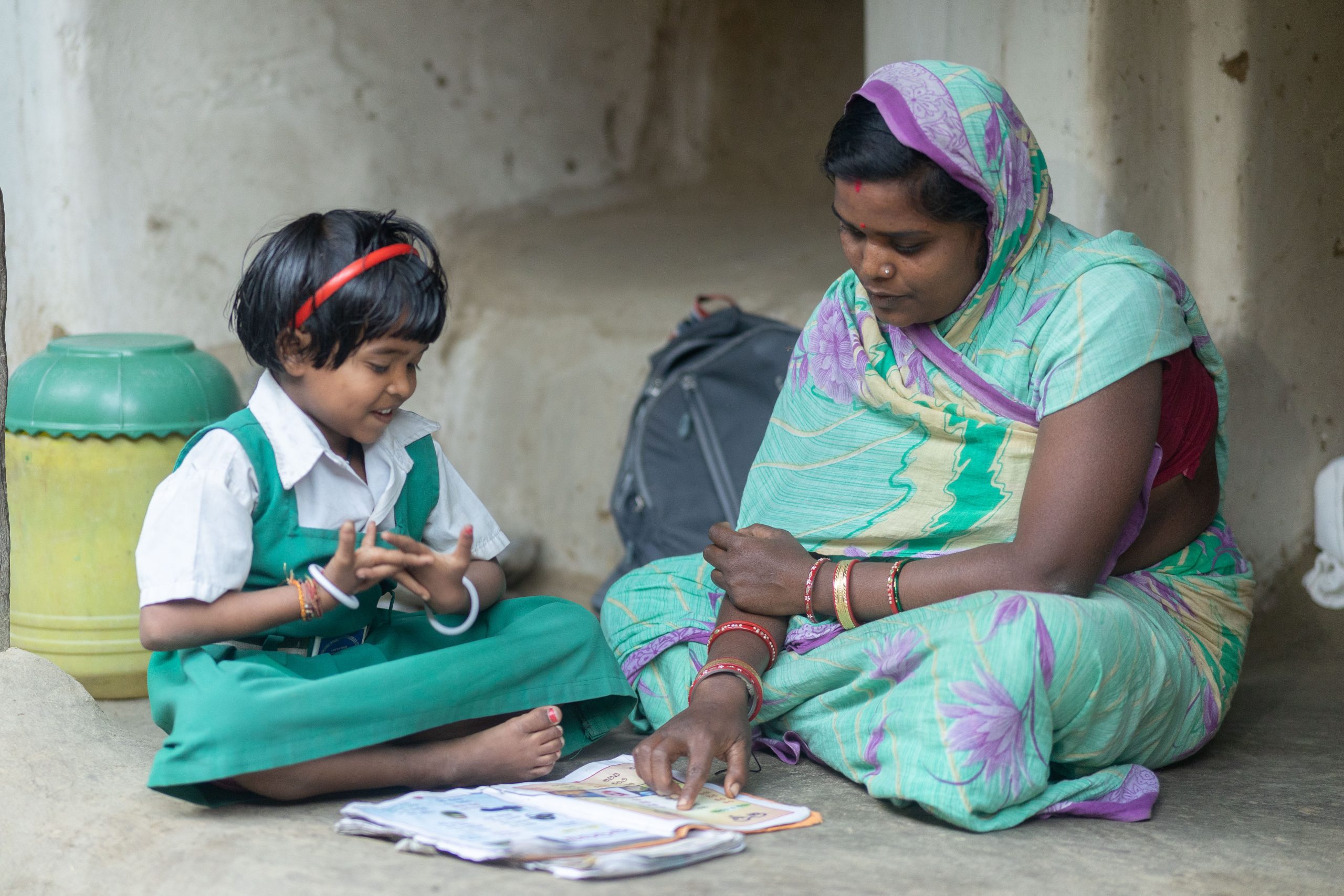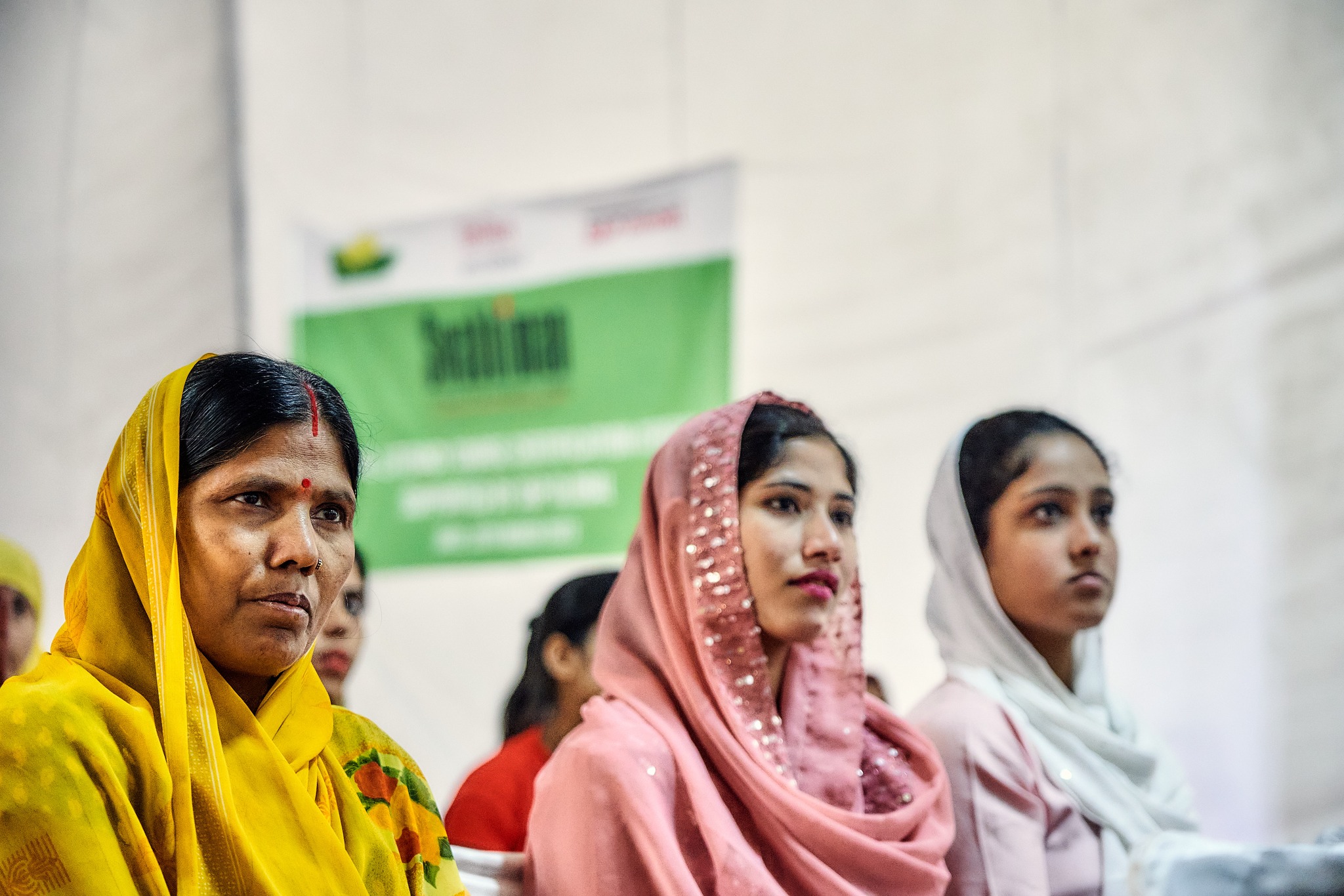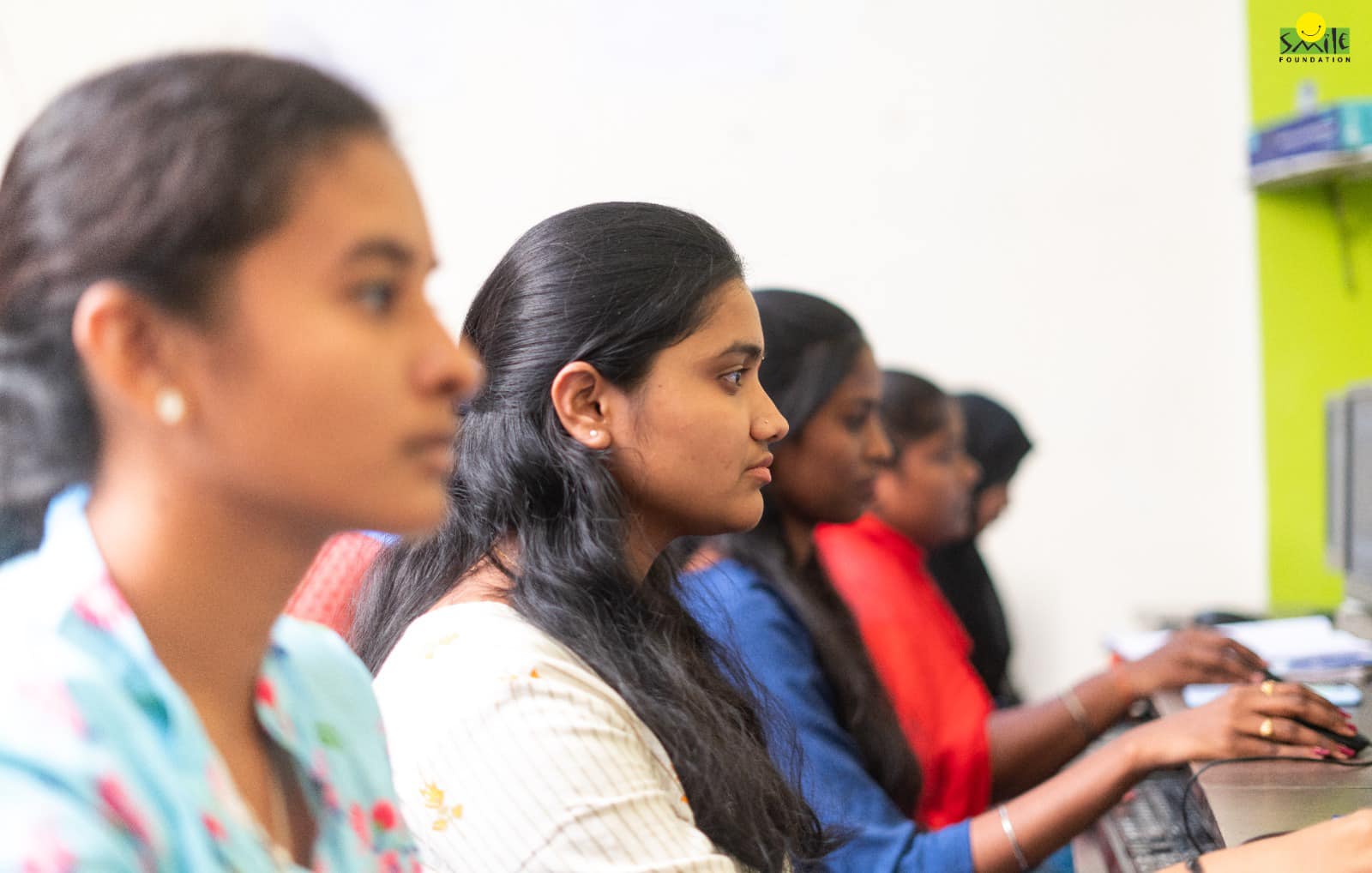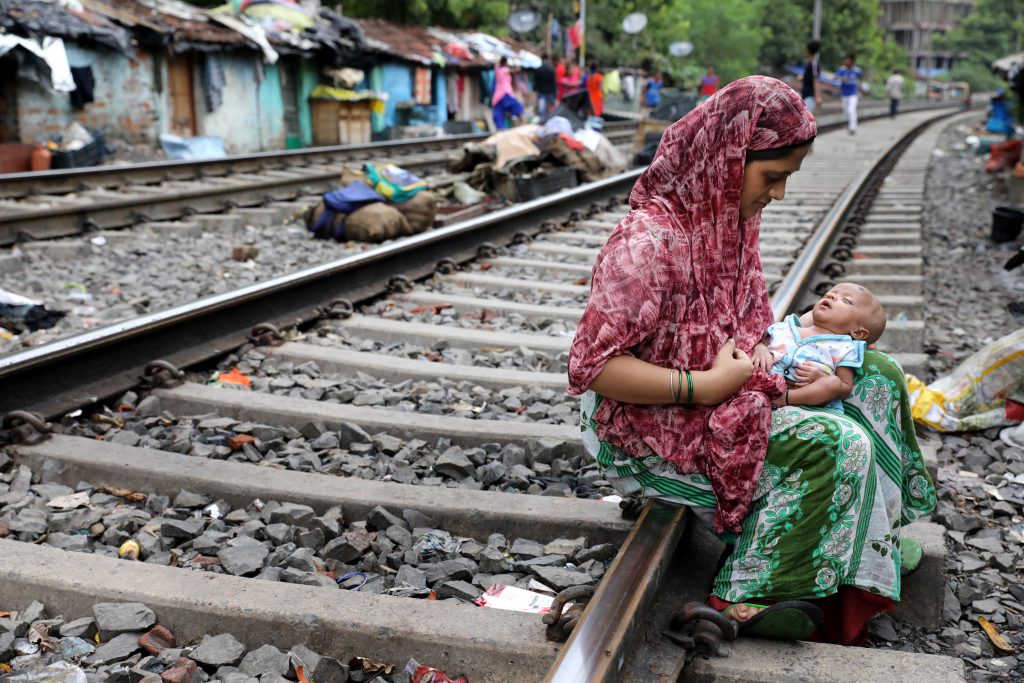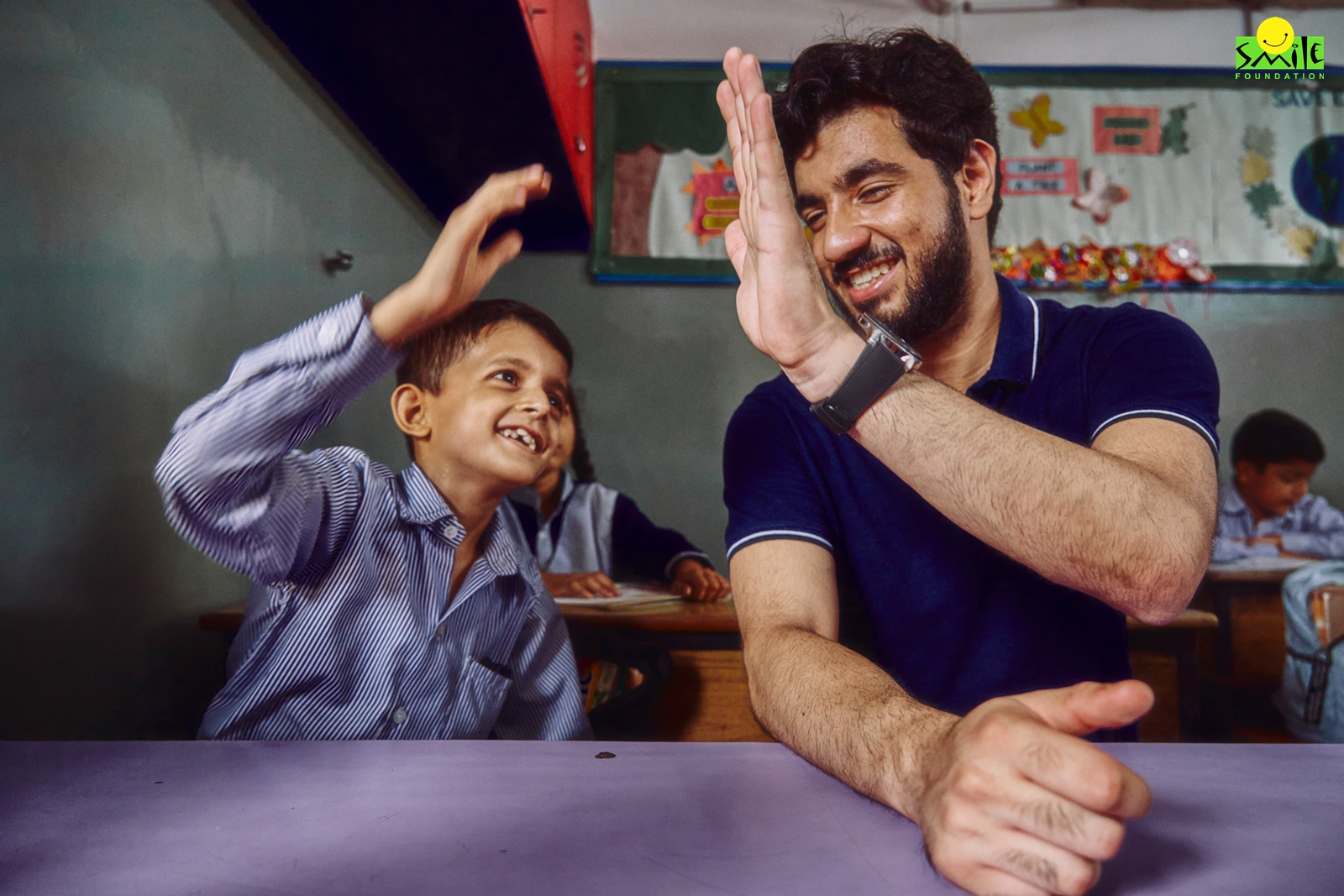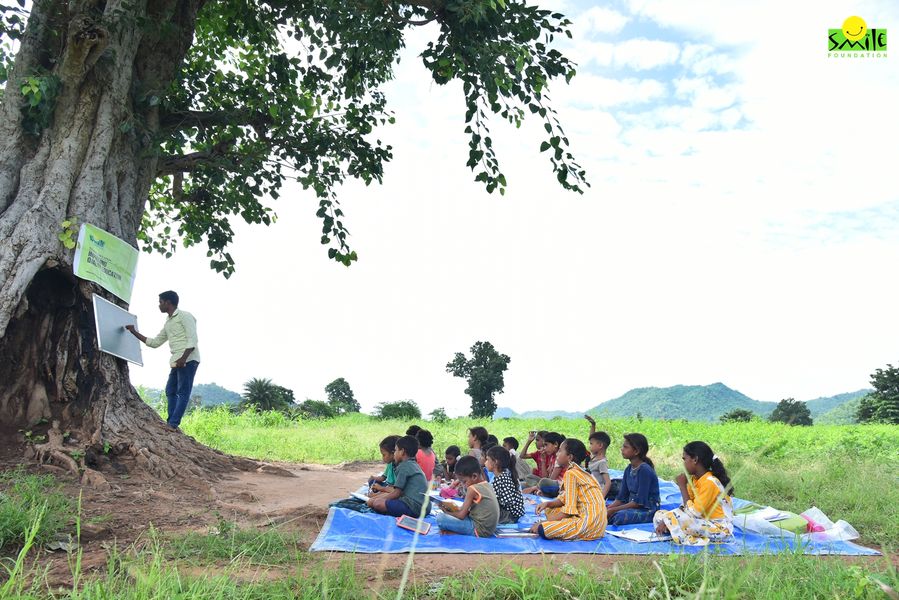Coronavirus or COVID-19 pandemic has affected over three million people across the world and the number continues to grow with each passing day even after five months since its outbreak in Wuhan. And this pandemic is not going anywhere. The disease that is affecting the health of millions of people around the world will leave its scar on the global population. One of the most prominent, besides economic effects, will be its effects on children. Children worldwide might not be at as high a risk of contracting the disease as adults, mostly above the age of 60 years, but child rights have been left unchecked and vulnerable in the midst of the pandemic.
With the attention of authorities and agencies across the globe focused on combating with COVID-19, child rights face severe violations in terms of education, healthcare, safety, and sustenance. As of 2019, an estimated 386 million children across the world are living in extreme poverty, as per a report by the United Nations. The pandemic is expected to result in around 66 million children falling into poverty as the world struggles with a crippling economy.
Besides poverty, children around the world have also lost access to education. 188 countries have imposed lockdown in order to break the spread of disease which has affected the education of 1.6 billion children and youth world. Two-third of the countries with mandatory lockdown have provided for distance and digital learning to the students. However, for children without access to the internet or a device to access the same, there are no measures taken to prevent their education from being hampered. Only 30% of the children in developing nations are able to continue their education amidst the lockdown.
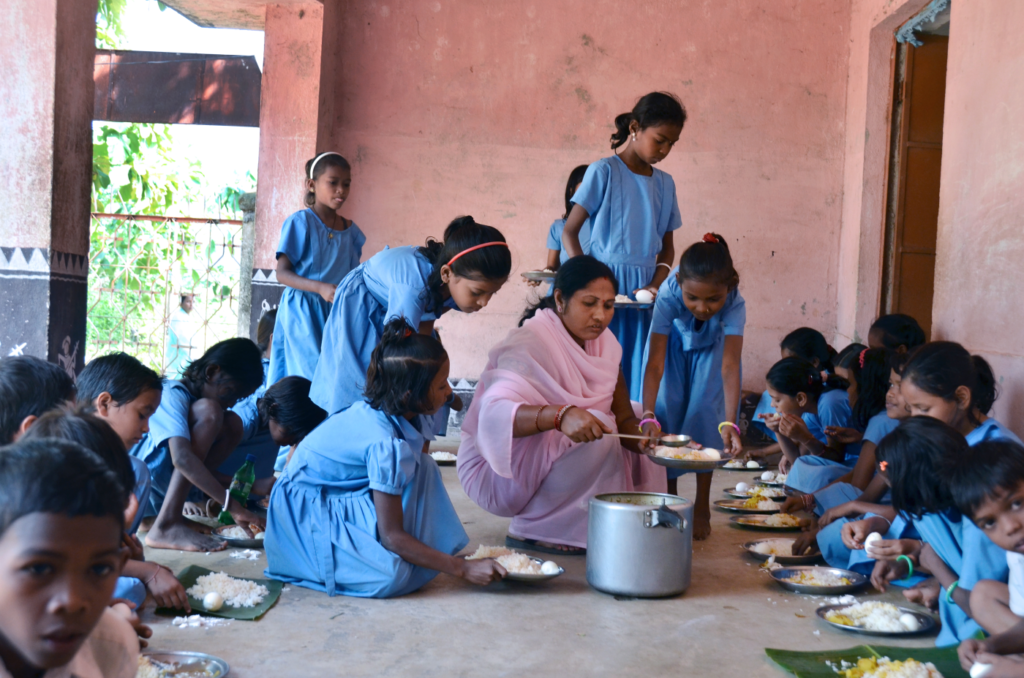
368 million children in 144 countries rely on mid-meals for nutrition and survival provided in their schools. With lockdown in place, such children are at a high risk of malnutrition. Not only this, but children are also losing out on essential healthcare and vaccines for diseases like polio and measles in the present situation. The mental health of children is also vulnerable to the lack of nutrition and from being limited to the confines of their homes. They are exposed to a disease that can turn fatal in the absence of sufficient healthcare as they live in unsanitary and crowded conditions in slums and in refugee camps which have a limited supply of water and almost no means of practicing social distancing.
Another imperative part of child rights that are currently being violated is the safety of children. Thousands of children worldwide are being subjected to mental, physical, emotional, and sexual violence during the lockdown in their homes. Children are also facing a threat as they risk being exposed to inappropriate content as well as online predator due to the increase in the use of online platforms for education. Children living in institutions, refugee settlements, slums, children with disabilities, and more are at an even higher risk of facing child rights violations in unimaginable ways and the current world order is engaged in fighting the pandemic to pay sufficient attention to the needs and safety of the children.
The need of the hour is to rebalance and implement a combination of interventions to minimize the damage that physical distance and lockdown is causing to the children. In such a critical situation where there is not enough manpower on the ground to cover every aspect of the social needs of the people, we all need to do our bit to ensure the safety and welfare of the little ones of the society.
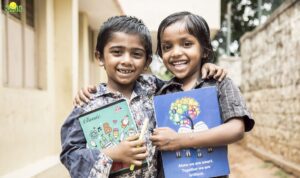
The governments across the countries need to develop and execute a framework to prioritize the continuity of child-centering services in terms of education, healthcare, and safety. Authorities need to put in extra efforts and focus on equity of access to schools, immunization, nutrition, neo-natal and post-natal care for mother and child as well as community services that have been designed for the welfare of the children.
Awareness sessions need to be conducted on media with the high audience to educate parents, guardians, caregivers as well as communities to educate them about the risk that children in and around their houses face and how they can help in reducing the violation of child rights around themselves.
The policy brief by the United Nations on the impact of COVID-19 on children states, “while children are not the face of this pandemic, its broader impacts on children risk being catastrophic and amongst the most lasting consequences for societies as a whole.” This holds true in its entirety. If actions to promote the safety and prosperity of children are not taken, then the situation that began as global health emergency will effectively turn into degradation and the reversal of the global development of the future generations.




